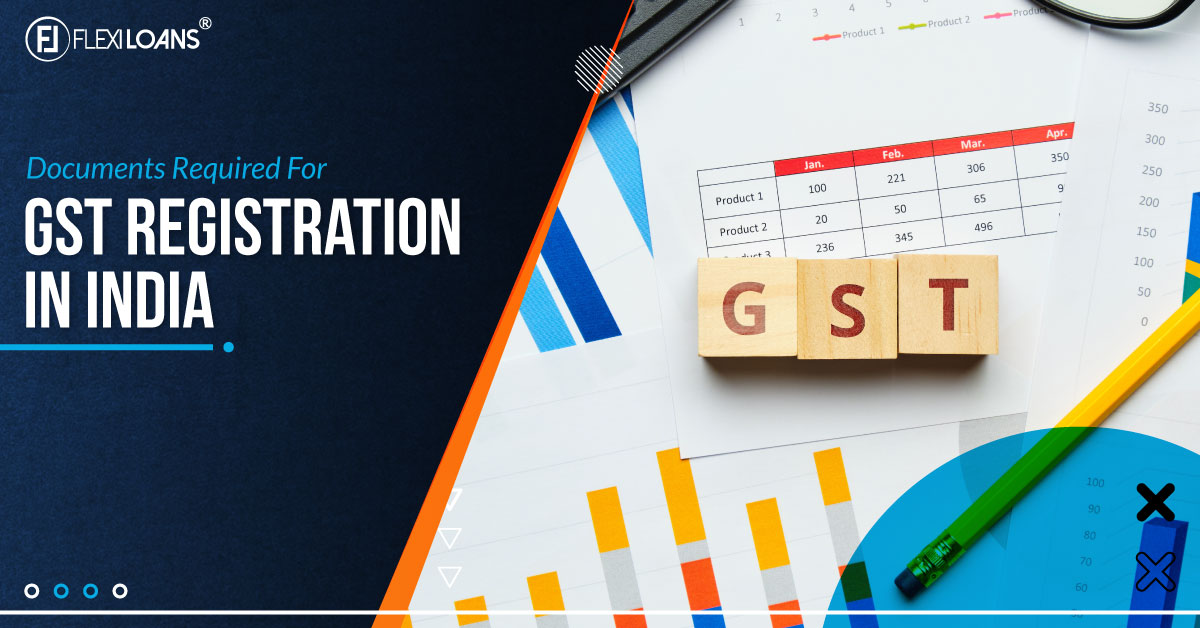Making Best Use Of Tax Efficiency: Expert Tips on Navigating the GST Registration Labyrinth for Small Businesses
Navigating the intricate landscape of Item and Solutions Tax (GST) registration can be a labyrinthine task for small services intending to maximize their tax obligation effectiveness. In this discussion, we will certainly discover skilled insights and actionable advice that can encourage little organizations to browse the GST registration maze efficiently and enhance their tax effectiveness.
Eligibility Requirements
Qualification demands for Small Business GST Registration encompass details requirements that services should meet to adhere to tax obligation guidelines. To receive GST enrollment, a service has to have an annual turnover surpassing the limit established by the tax obligation authorities, which varies by country. In addition, services associated with inter-state supply of goods or solutions, or those offering goods online, may be needed to sign up for GST, regardless of their turn over. It is important for services to precisely identify their qualification based upon these turn over limits to stay clear of fines for non-compliance. Singapore GST Registration.

Documents Demands
The needed documentation generally consists of evidence of business enrollment or consolidation, address and identification evidence of the organization proprietor, photographs, bank account information, and evidence of the major place of company. Furthermore, organizations need to supply information of their business activities, consisting of the products or solutions supplied.
Besides the mandatory papers, businesses may additionally be called for to submit added details based upon their specific circumstances. This could include files associated to partnerships, the permission of notaries, or any type of various other appropriate arrangements. Maintaining all needed documents arranged and conveniently accessible can streamline the registration process and help businesses follow the demands effectively - Singapore GST Registration. Failure to supply the called for documents might result in hold-ups or perhaps denial of the GST registration application. Thorough focus to information and adherence to the paperwork guidelines are crucial for an effective GST registration procedure for little services.
Timing Considerations
Taking into consideration the necessary documentation needs have been diligently attended to, the following important aspect for small companies embarking on the GST enrollment procedure is the strategic administration of timing factors to consider. Timing plays a critical duty in GST enrollment, affecting not only compliance yet also monetary facets of business. Small companies need to meticulously plan the timing of their GST registration to optimize advantages and reduce possible dangers.

Furthermore, companies should align the timing of their GST enrollment with their operational readiness. Adequate prep work, such as upgrading audit systems and training team, is vital to flawlessly incorporate GST demands into daily operations. By strategically managing timing factors to consider, small companies can navigate the GST registration process effectively and additional resources optimize their tax efficiency.
Enrollment Refine Tips
Effectively navigating the GST enrollment procedure calls for small companies to carry out tactical and proactive registration process suggestions. One essential tip is to make certain all required documents are easily available prior to starting the enrollment process. This consists of company enrollment files, evidence of address, bank declarations, and identification evidence of business owners. Confirming the accuracy of the info provided is just as important to prevent rejections or delays.
Additionally, recognizing the limits and requirements for GST enrollment based upon the particular state or territory where business runs is vital. Some states have different turn over limits that trigger mandatory enrollment, so being educated concerning these thresholds can assist services intend ahead.
Another important idea is to take into consideration looking for professional help from accountants or tax experts that specialize in GST registration. Their experience can enhance the process, minimize errors, and make sure conformity with all regulations.
Compliance Ideal Practices
Navigating the GST enrollment more procedure smoothly necessitates not just strategic enrollment procedure pointers yet likewise thorough adherence to compliance finest practices to guarantee ongoing regulatory alignment. Tiny businesses must focus on conformity to stay clear of fines and keep a great standing with tax obligation authorities. One critical ideal technique is to maintain comprehensive and precise documents of all deals. This consists of invoices, invoices, and other monetary papers that might be needed for tax audits or compliance checks. Additionally, remaining notified regarding any type of updates or modifications to GST guidelines is essential. Small company owners ought to consistently assess federal government standards and look for specialist recommendations if required to guarantee they are fulfilling all requirements. It is also recommended to submit GST returns on schedule to stay clear of late charges and fines. By integrating these conformity best methods right into their operations, tiny companies can browse the complexities of GST enrollment with confidence and efficiency.
Final Thought
To conclude, local business can browse the GST enrollment maze by ensuring they satisfy eligibility requirements, gather required documentation, consider timing implications, comply with enrollment procedure pointers, and stick to conformity ideal techniques. By optimizing tax obligation efficiency through appropriate GST enrollment, businesses can enhance their financial administration and procedures.
Navigating the complex landscape of Goods and Provider Tax Obligation (GST) registration can be a labyrinthine task for little businesses intending to maximize their tax performance.Eligibility needs for Small Company GST Enrollment incorporate details requirements that services need to satisfy to conform with tax obligation guidelines. The needed documents normally consists of proof of service registration or unification, address and identification proofs of the company owner, pictures, financial institution account information, and evidence of the principal area of organization. In addition, businesses need to provide details of their service tasks, consisting of the services or products supplied.Effectively browsing the GST registration procedure go to this web-site requires little companies to apply positive and critical registration procedure tips.